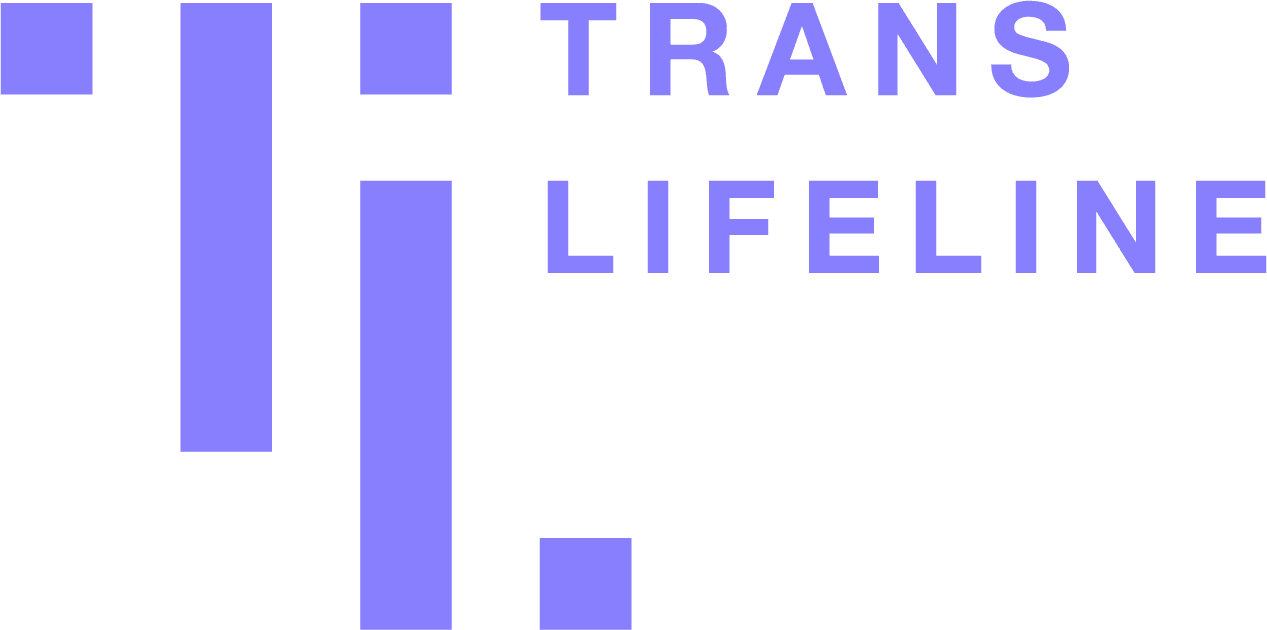Resources
-
Cissexism
The idea that cisgender people are more natural, valid, and “normal” than their transgender counterparts, resulting in social norms, laws, and individual behaviors that reinforce the gender binary and consequently marginalize, oppress, and/or erase the existence of transgender people (see: cisnormativity). Cissexism is based on the presumption that a person’s assigned sex and gender inherently…
-
Clocked
Slang term for when a transgender person’s birth assignment, thus their transgender identity, is recognized by an outside observer, potentially posing a threat to the transgender individual’s safety. Jasmine worried about being clocked as trans whenever she used a public restroom.
-
Closeted
An individual who has not disclosed their sexual orientation or gender identity to others, sometimes for safety purposes. Because of their unaccepting family members, Dylan decided to remain closeted about their gender identity until they moved out of their mother’s house.
-
Coming Out
The act of accepting and/or disclosing one’s true gender identity or sexual orientation to others, which can occur during any phase of life. In the former scenario, social, legal, and/or physical transition may accompany coming out. Coming out as non-binary was liberating for Dex, but it also made them worry about transphobic backlash from family…
-
Conversion Therapy
The practice of attempting to permanently “cure,” or eradicate, same-gender attraction and/or gender variance, often through coercive methods. Historically, queer identities have been referred to as “unnatural” or a “disorder.” As a result, people who do not as heterosexual and/or cisgender are oftentimes instated into conversion therapy to “cure” people of their “illness.” This abusive…
-
Crossdresser
An individual who wears clothing, jewelry, and/or makeup not traditionally associated with their assigned gender for the sake of self-expression, recreation, performance (see: drag), and/or erotic enjoyment (LGBT Health Education Center, 2019).
-
Deadname
An informal term used by some transgender people to refer to their birth name, or the name they used before socially transitioning. Ashton refused to disclose his deadname to anyone but his partner, who understood the distress it had caused him as a teen.
-
Deadnaming
Deadnaming is the act of referring to a transgender or non-binary person by their birth, given, or former name without their consent. Deadnaming can be unintentional or a deliberate attempt to deny, mock, or invalidate a person’s gender identity, and can contribute to mental health conditions and violence. Deadnaming is a sign of rejection and…

